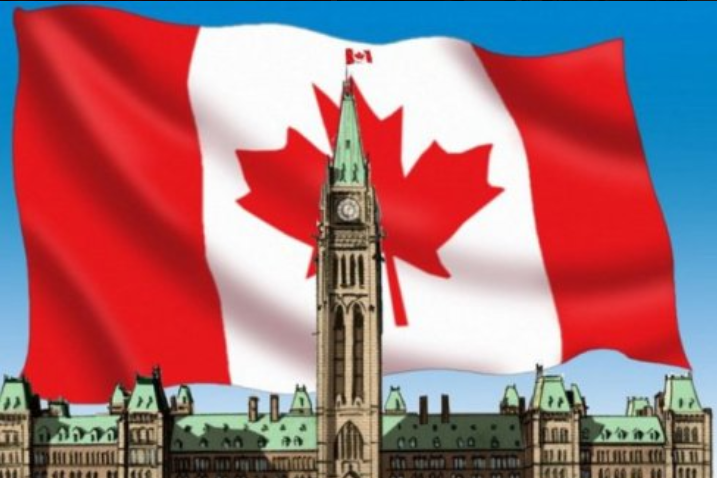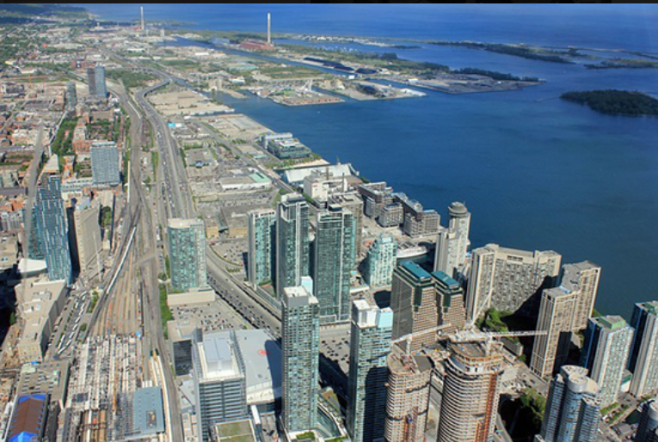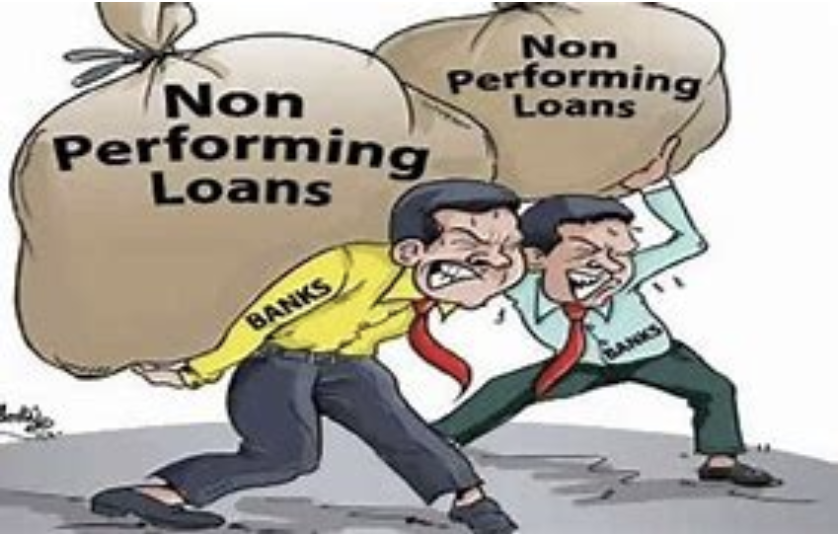
Canada's housing market, particularly in cities like Vancouver and Toronto, has long been a subject of intense scrutiny. For years, property prices in these metropolises have been on an upward trajectory, defying expectations of a correction. As of 2025, several factors continue to prop up this market, while simultaneously sowing the seeds for a potential crash.
One of the primary drivers of the housing price surge in Vancouver and Toronto has been the country's immigration policy. Canada has been welcoming a large number of immigrants annually, with these two cities being top destinations. Immigrants often bring with them the need for housing, both for immediate occupancy and long - term investment. In 2024, over 400,000 new immigrants landed in Canada, a significant portion of whom settled in Vancouver and Toronto. The consistent arrival of new inhabitants generates a stable need for housing, driving prices upward.

Another factor that has contributed to the high prices is the relatively low - interest - rate environment. For an extended period, mortgage rates in Canada were at historic lows. This rendered borrowing more cost - effective, spurring both novice homebuyers and investors to enter the market. However, in recent years, the Bank of Canada has been progressively raising interest rates to tackle inflation.As of 2025, the benchmark interest rate stands at 2.75%, up from 1.75% in 2023.This rising trend in interest rates is beginning to exert pressure on the housing market.
The introduction of a vacancy tax in some provinces was intended to curb speculation and increase the supply of available housing. For example, in British Columbia, vacant non - owner - occupied properties are liable to a tax. While this policy has had some impact, it has not been as effective as hoped in cooling the market. Many investors have found ways to skirt the tax, and the overall supply of housing has not increased substantially.
Predicting the exact moment when the housing bubble might burst is challenging. However, signs are emerging that a correction could be on the horizon. The increasing interest rates are driving up the cost of mortgages, diminishing the purchasing power of prospective buyers. Additionally, economic uncertainties, such as the ongoing trade disputes between Canada and the United States, are causing some potential buyers to hold off on making a purchase.

When the housing market does experience a significant correction, it will have far - reaching implications for the mortgage market. Lenders may face an increase in default rates as homeowners struggle to keep up with higher mortgage payments.This might result in a strictening of lending criteria, rendering it even harder for first-time homebuyers to enter the market.The Canadian Mortgage and Housing Corporation (CMHC) has already issued warnings about the potential risks to the mortgage market, highlighting the need for lenders to be cautious.
In conclusion, while factors like immigration and past low - interest - rate policies have caused housing prices in Vancouver and Toronto to soar, the current economic conditions, including rising interest rates and trade uncertainties, suggest that a market correction is likely. When this occurs, the mortgage market will need to adapt to a new reality of potentially higher default rates and more conservative lending practices.



